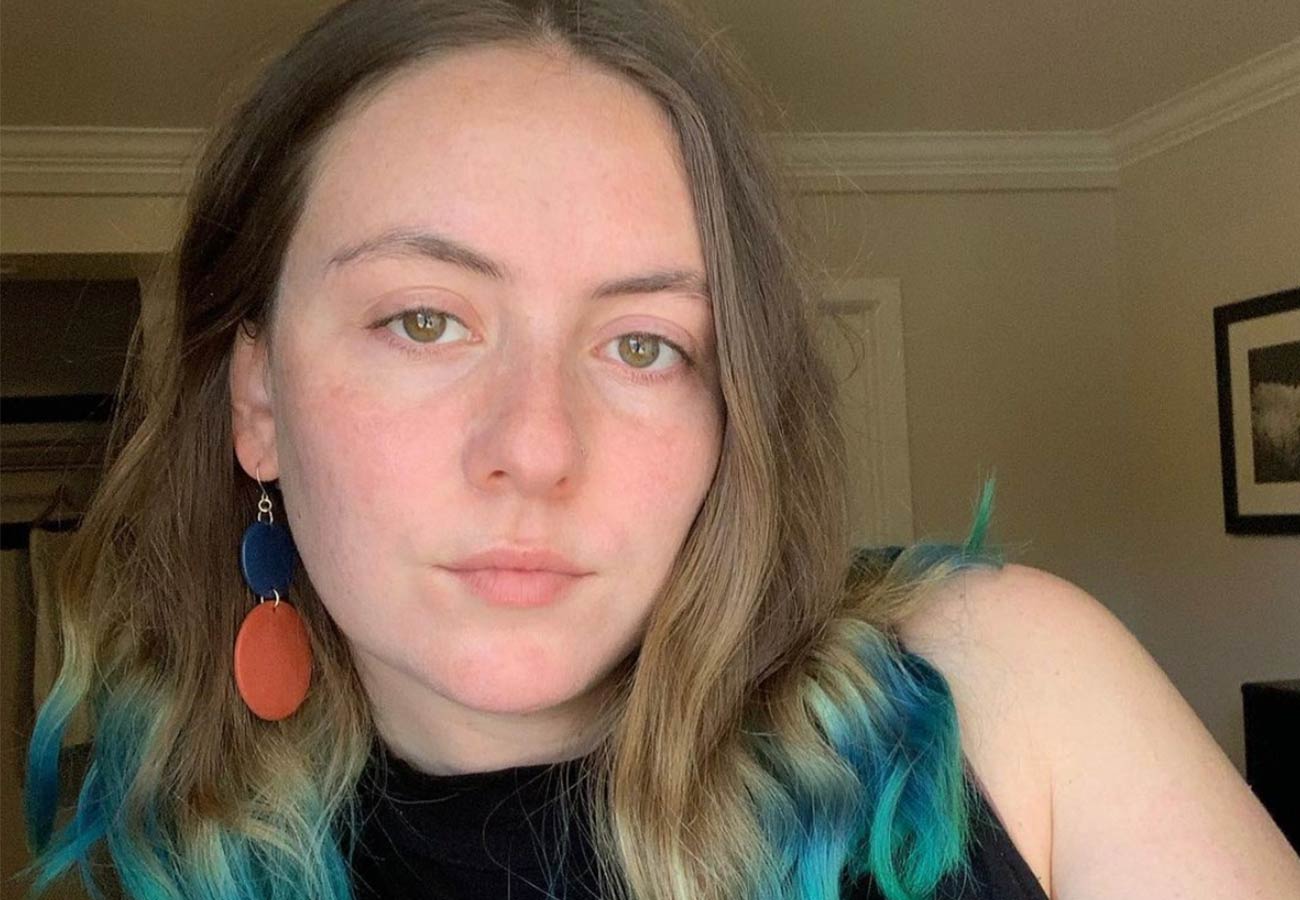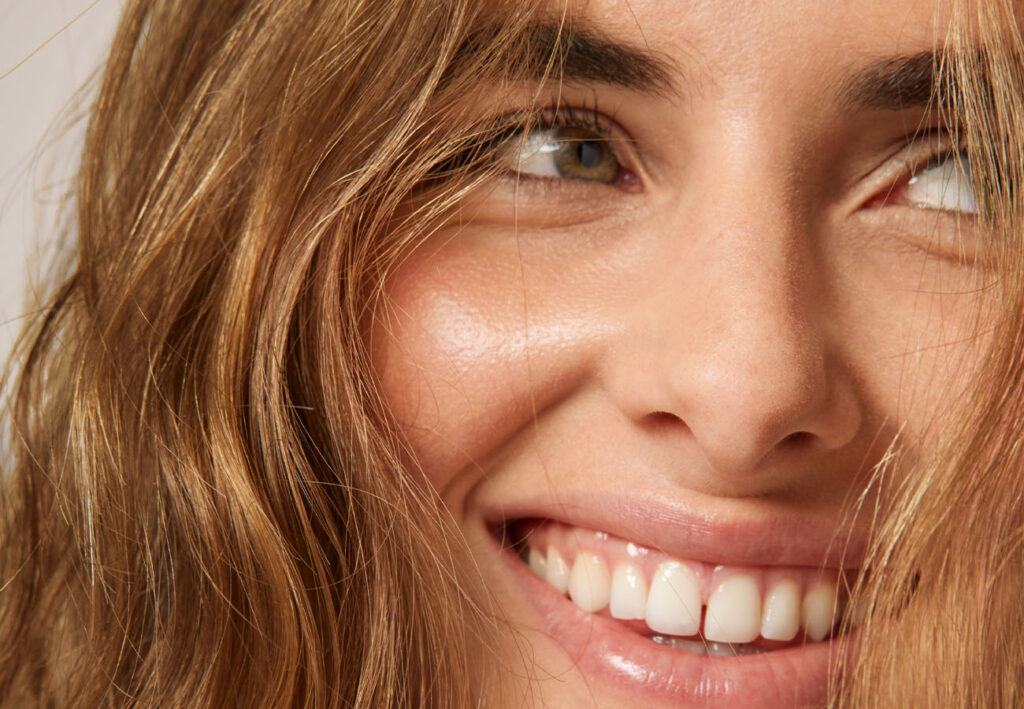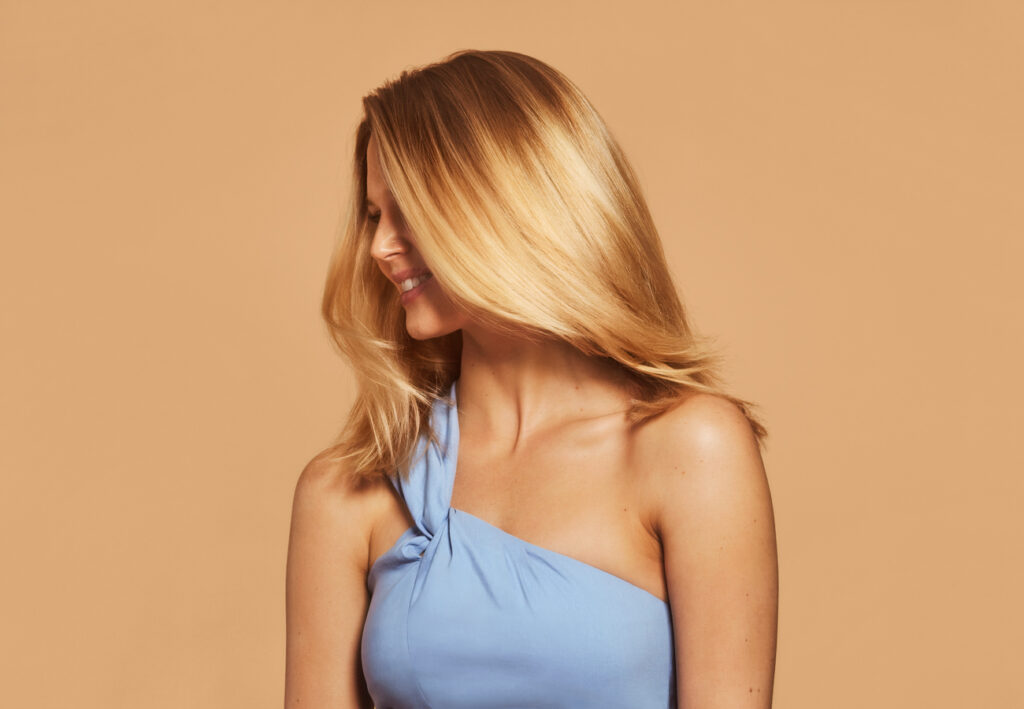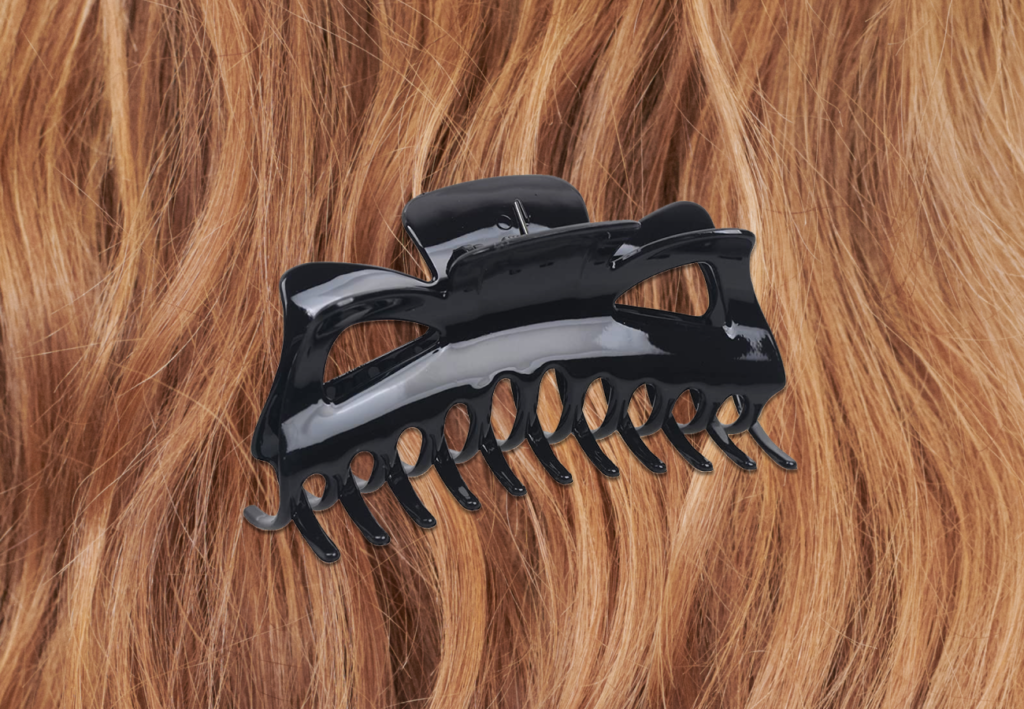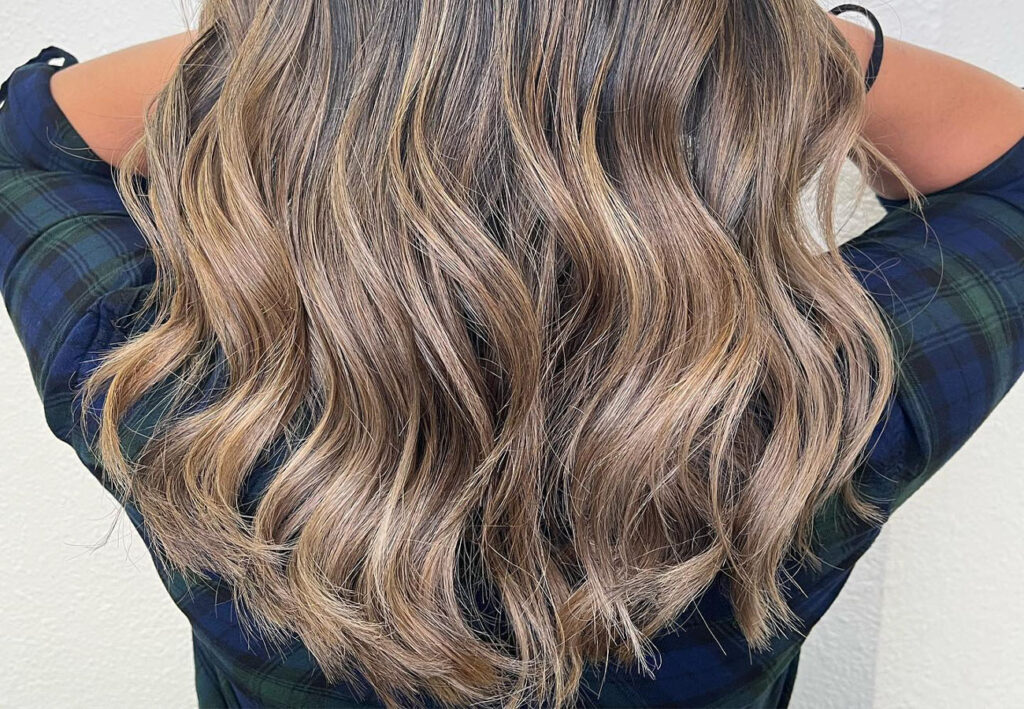I always found stereotypes about Jewish hair especially troubling, in part because they’re so alienating. I’m Jew-ish (proud, but secular), and my hair is straight-ish (thick, with a nice wave). It’s light brown and blonde in places. It’s actually somewhat blue at the moment, but that’s beside the point. I have what your Bubbe might call a shiksa-lob. But does that somehow make me less a part of the tribe?
Jewish stereotypes aren’t new. They’ve been employed by white supremacists to justify genocide and discrimination for centuries. Jewish historian Yosef Hayyim Yerushalmi links the history of anti-Semitism to the concept of Jewish appearance in his 1982 treatise “Assimilation and Racial Anti-Semitism: The Iberian and the German Models.” He writes: “The more vulgar forms of medieval anti-Semitism did express themselves more than occasionally in sheer physical terms—the notion … [that] Jewish descendants of each of the tribes of ancient Israel are born with physical defects.”
But what is “Jewish hair,” according to the stereotype? Curly, frizzy, perhaps even unruly. Dark. The dreaded “Jew Fro.” Ooooo, spooky. Some speculate that the characterization of big, unruly Jewish hair is rooted in a misreading of the Hebrew Bible, which was interpreted by non-Jews to mean that Jews have horns—an image most often proliferated in art from the Middle Ages. In an article about antisemitism and the Jewish body for My Jewish Learning, writer Ophir Yarden explains that “Moses was often depicted with two horns on his head as a result of the Latin mis-rendering of the verb ‘sent forth beams’ (karan) in Exodus 34:35 as ‘grew horns.’ (A horn is a keren.)”
The stereotype of Jewish hair, like most others, crumbles under closer examination. As Amy Abrahams writes in a recent essay for Vogue UK, “Antisemitism thrives on presenting Jews as a homogeneous entity.” The idea of “looking Jewish” and of having “Jewish hair” only goes so far as our conception of Jews as a people. Jews are not all from eastern Europe; we are not all Ashkenazi, the most visible Jewish ethnic group. I myself have Ashkenazi and Sephardi ancestors who hailed from Poland, Hungary, and Spain. There are Mizrahi Jews from North Africa and the Middle East. There is the Bene Israel tribe of Jews from Mumbai. And the diaspora has scattered Jews to every corner of the world, from Montreal to Shanghai, San Francisco to Buenos Aires, Cape Town to Melbourne. “Jewish hair” could just as soon be kinky afros or sleek blonde tresses as a head full of dark ringlets. The diversity of Jews is simply too great for there to be a single version of our people with any single hair type.
The Jewish hair stereotype is one that is rooted in Eurocentric beauty as it assumes all Jews are European; but the vilifying of Jewish hair, too—the accepted narrative that Jewish hair is ugly or undesirable—is also a product of white supremacy, and those beauty standards that exclude Jews and people of color.
And it can’t be ignored that my curly-haired friends from childhood always wished for straight hair. Given the power of European beauty standards, stereotypically Jewish hair is often met with shame, even within our own community. Similar in ways that echo the emotional and physical violence leveled by Europeans against African hair throughout history, but predominantly less severe. In a JWeekly essay about curly Jewish hair, authors Rachel Jacoby Rosenfield and Maital Friedman outline why they’re proud of their natural hair in response to being targeted by a virtual white supremacist campaign about their supposed ugliness. Separately, an article published in Tablet, titled “The War of the Curls,” explains how, in Israel, women with power and visibility—news anchors, politicians—are expected to straighten their naturally curly hair. The article describes the creation of Israeli Facebook group Metultalot (which translates to “curly women,” in Hebrew) created four years ago by Orian Paz: “With daily discussions on anything from self-acceptance and curl maintenance to raising curly daughters, the Facebook group is challenging Israel’s mainstream perception of beautiful hair.”
The irony is that I’ve always wished for curly hair. I spent an awful lot of time as a teenager spritzing myself with bogus salt sprays and half-heartedly wrapping my head in curlers before bed that would leave my hair a complete mess come morning. I’ve always thought curly hair is beautiful, romantic; a symbol of vivacity, even femininity. But there’s probably a part of me that desires to look “more Jewish”—to be read as Jewish, to feel more like I belong, like having a certain kind of hair would automatically connect me more deeply to my history. But I don’t need to subscribe to stereotypes to know who I am. And now if you’ll excuse me, my shiksa-lob and I are headed to the kitchen to make some matzo balls.

